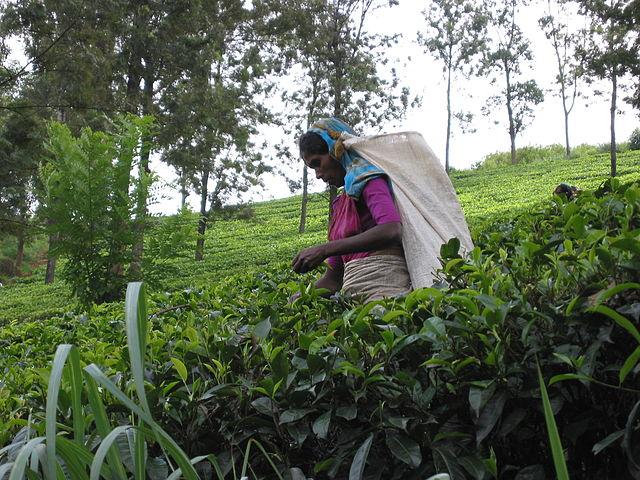Preparation Instructions for any Tea you Might Buy Online
Whenever somebody tells me they don't enjoy the flavor of tea, I always
figure they've simply never drank a properly brewed cup. The main reason
why many individuals haven't had the pleasure of trying well-brewed tea
is not hard to comprehend, taking into account the humongous
discrepancy in the procedure of brewing for all the different varieties
of tea. And when you make a key error, it will result in a horrible cup
of tea. Thankfully, you can basically use almost any procedure for
almost any style of tea. As long as you are aware of a small number of
key factors, you'll get a good-tasting cup; I'll indicate those
essential factors for the more widely drank teas below. If buying from online tea stores, you should get instructions, anyway.
Why don't we start with the easy one. Black tea does not usually present any difficulties for most individuals. Basically, use boiling water and allow the leaves to steep for 2-3 minutes. This method will do well for Assam tea and pretty much all of the widely drank Chinese teas, Ceylon teas or Nepalese teas. Darjeeling tea, however, is prepared using a separate process. Since it is pretty much an oolong tea, which means it is not completely oxidized, it should be prepared using colder water (80-90ºC or 180-194ºF).
Green tea is not as easy to brew the right way, given the large variety of different types and the great variance in the way of preparation. The proper water temperature and the steeping times are the two things you definitely have to take care to do right. 80°C (176°F) is the best temperature for brewing the majority of green teas.
One major exception is the very high quality Japanese tea gyokuro, which calls for a colder water temperature of 50°C–60°C (122°F–140°F). The roasted tea houjicha is an additional exception. It is almost certainly the simplest and most forgiving tea to make, so you can just use 100°C water. Check the instructions written on the package for a good steeping time to use first. Otherwise, try going with 90 seconds for gyokuro and two minutes for most other teas.
Matcha green tea powder is altogether different from all the other green teas. As you might have guessed from the name, it comes in powder form and as such, it needs specific gear and a distinctive and very involved brewing method. Are you familiar with the Japanese tea ceremony? It features matcha tea and makes a perfect illustration of how involved the preparation process gets. I could fill a book with instructions on the way to brew matcha, but I'll wait on that for another time.
White tea is another type of tea that can be slightly more difficult to prepare the right way. It is made with new leaves, which means they are a bit more delicate and thus require a lower water temperature than all other types of tea. 75-80°C (167-176°F) is correct for both White Hair Silver Needle and White Peony teas. 2-3 minutes is a good starting point for steeping times; adjust it from there according to taste. If you prefer a more astringent cup of tea, bump up your steeping time; if you like your tea less bitter, shorten the steeping time.

Apart from the above-mentioned matcha, the hardest type of tea to make properly is oolong. The traditional gongfu style of brewing calls for a large number of quick infusions using tons of leaves. You'll be able to get a perfectly good cup by employing regular methods, however. Take care to watch the water temperature: it must be just a little under 100°C.
I'm sure you must be thinking the instructions I've provided above are somewhat basic. It goes without saying, to prepare the best cup, you'll need to follow the instructions for the individual kind of tea. Without the correct guidelines or utensils, making use of my instructions will give you a delicious cup, no matter the type of tea you employed. Let's hope, this should inspire at least a couple of folks who have formerly decided they don't like tea, to give it one final chance. You definitely will not regret it.

